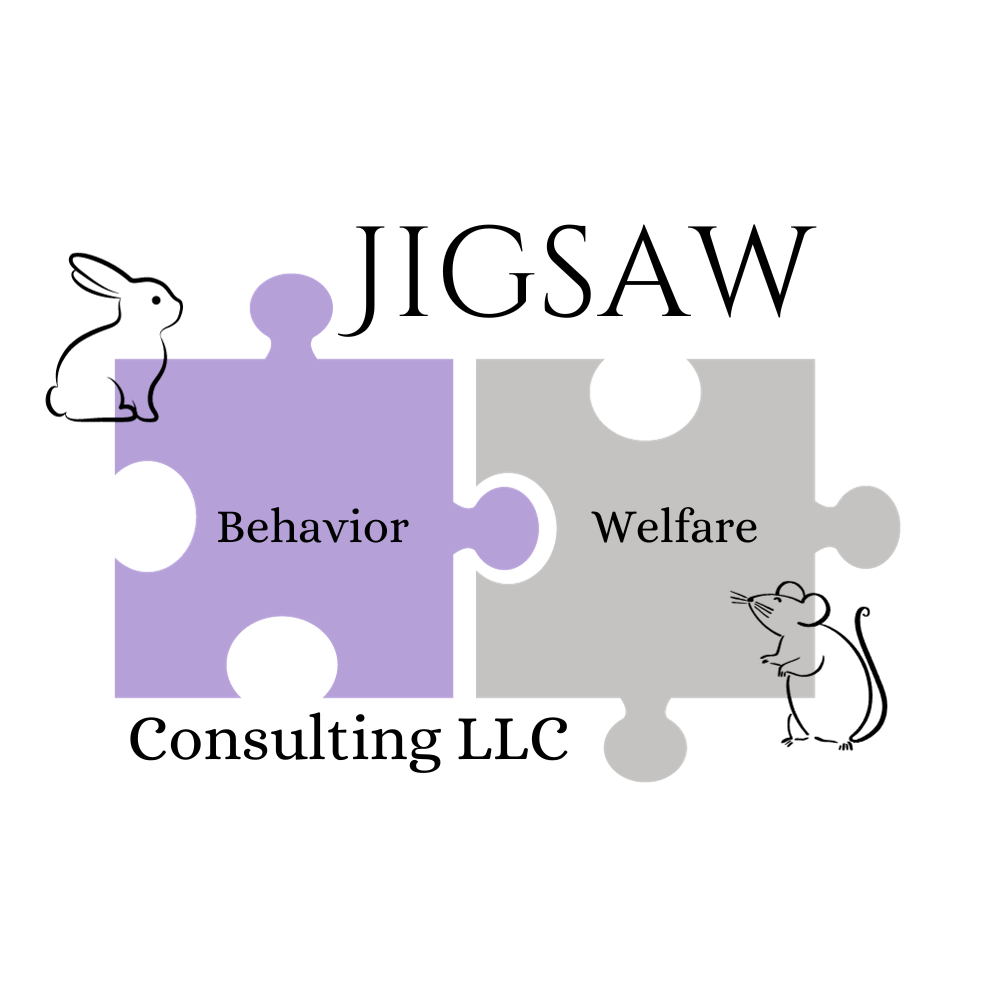Preventing Destructive Behavior in Dogs
Destructive behavior in dogs can be incredibly frustrating and it poses a significant challenge to pet owners due to the damage that can be done to their property. This behavior can cost people not only money, but also their time if they fear leaving their dog unsupervised for a long period of time. Understanding why your dog is exhibiting this behavior will help you tackle the underlying issue and prevent the destruction of your home.
(For cats, see Preventing Destructive Behavior in Cats)
Why do Dogs Exhibit Destructive Behavior?
Destructive behavior is often a symptom of underlying issues. Identifying them is important for managing the problem effectively. Some common reasons include:
Boredom: Dogs need mental and physical stimulation. Without proper outlets, they may resort to chewing, digging, and other destructive activities to keep themselves entertained.
Separation Anxiety: Some dogs become so anxious about being alone that they will exhibit destructive behaviors as a way of coping.
Teething: Puppies, like human babies, need to chew on things to relieve the discomfort of teething.
Attention-Seeking: Some dogs know that engaging in destructive behaviors will get your attention—even if it’s negative attention.
Fear: Like separation anxiety, certain things can trigger your dog’s fear response and they may chew or dig to try to escape or cope with their emotions.
Strategies to Prevent Destructive Behavior:
Identify the Cause
Keep a log of when and what triggers these behaviors to help pinpoint the cause. Consult with a veterinarian to rule out any medical conditions that might cause the destructive behaviors.
Provide Mental and Physical Stimulation
Taking your dog for walks or playing with them can help burn off excess energy that might otherwise be channeled into destructive behavior.
Keep your dog mentally stimulated with toys and puzzles that engage their brain. This will reduce boredom which can often lead to destructive behaviors.
Manage the behavior through training
Reward your dog for chewing on correct objects.
If the dog is engaging in destructive behavior to get your attention, you can redirect them to the proper chew toy and then give them the attention that they want.
Teach your dog to “leave it” or “drop it” in order to manage the behavior.
Train your dog to crate themselves and give them fun things to do while they are in the crate as a reward.
Manage the Environment
Provide a variety of toys that the dog can chew on. Without the appropriate toys available, they will resort to other objects.
Remove objects or set up barriers to prevent your dog from chewing or digging at things. A crate can be a good tool for removing their access to the entire house while you are away.
Manage Fear and Anxiety
Desensitization and counter-conditioning can help ease your dog’s separation anxiety and other triggers that might cause them to be destructive.
Get professional help if needed. Veterinarians may provide anti-anxiety medication. A professional consultant or trainer can help you work through a behavior plan.
(You can schedule a consult with Jigsaw Animal Behavior and Welfare Consulting, LLC here)
Special Tools and Considerations:
Chew toys and puzzle feeders: Provide appropriate items that your dog can chew on. Pick toys and puzzles that will keep them engaged for a long time. Provide variety so they don’t get bored with the same object.
Crates: Crates can be very useful by keeping your dog safe and secure while you are away and unable to supervise them. Make sure that the crate is a fun place for them by providing stuffed chew toys or puzzles that will keep them occupied while they are in there.
Preventing destructive behavior in dogs requires patience, consistency, and understanding. By identifying the root cause and applying the appropriate strategies, you can significantly reduce your dog's destructive behaviors and improve their overall well-being. Remember, every dog is unique, and it might take some time to find the best approach for your animal. With dedication and the right tools, you can create a more peaceful and happy environment for both you and your dog.


